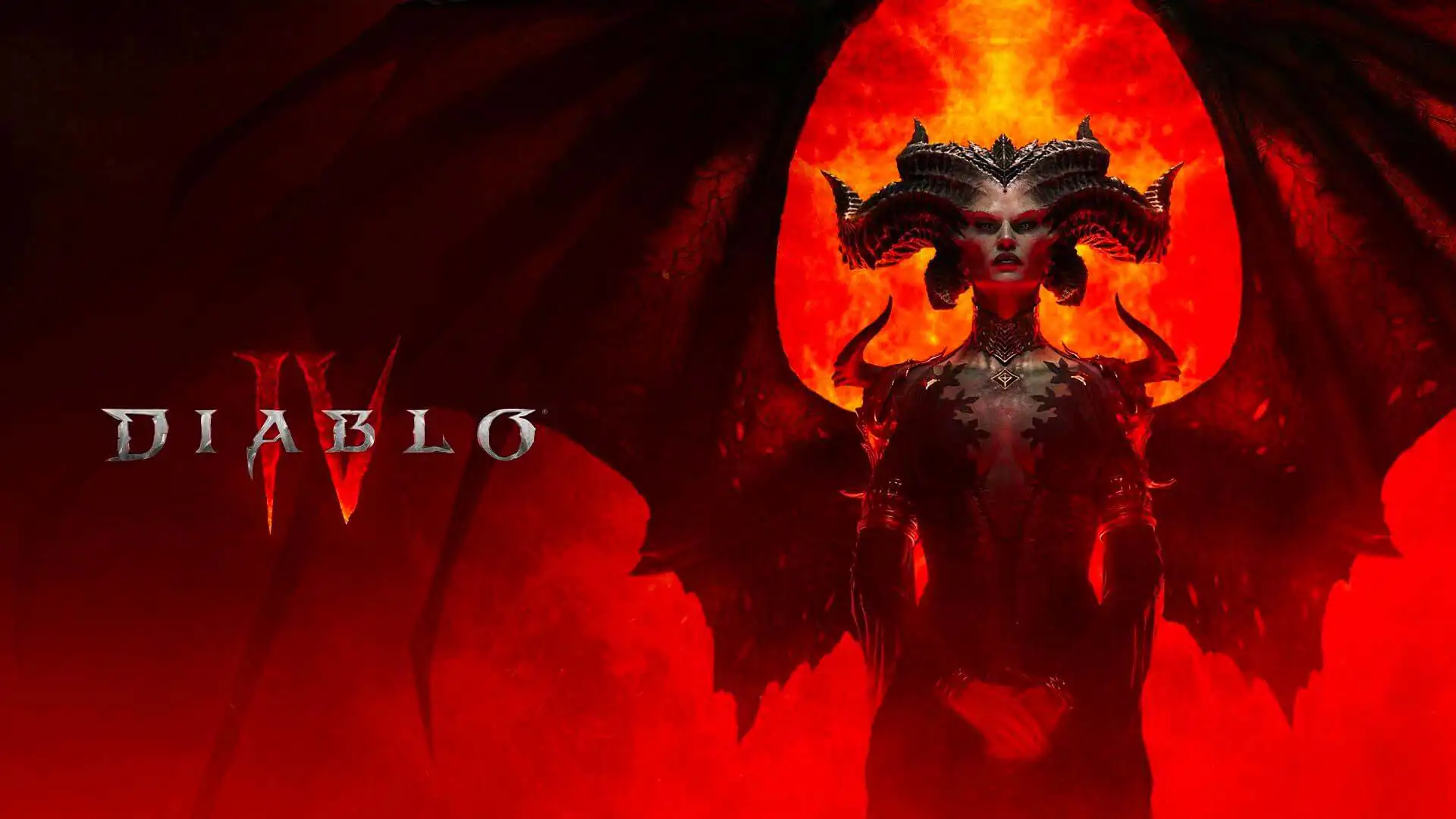Korea's Unique Diablo II Craft Beer
Korea sets the stage for our tale. The bustling heart of cultural, technological and culinary treasures, it’s a place where the unexpected often becomes the standard. None more so unexpected than the discovery of a craft beer dedicated to the iconic video game, Diablo II.
Korea possesses a rich history with gaming. In recent years, its gaming scene has exploded and crossed over into other fields and, so, the concoction of gaming-inspired beers should not come as shock. Yet, it does, particularly when the game involved is Diablo II.

Diablo II, developed by Blizzard Entertainment, is one of the best-selling video games of all time. The action role-playing game has amassed a cult following both for its intensive gameplay and the distinct Gothic fantasy world it painted. In asking why a beer inspired by Diablo II? The better question might be why not?
Indeed, video game culture is known for its dedication and depth of fandom, and various forms of tribute have permeated other areas of popular culture. Therefore, combining this cherished legacy with Korea's blossoming craft beer scene creates an intriguing blend.
Abroad Influence Meets Local Tradition
The Diablo II red ale comes with an alcohol content of 6.0%. Its style suggests the influence of foreign craft beers, showcasing a deeper intensity than some local brews. A red ale is typically associated with a rich, malty flavor, playing harmoniously with a modest level of hop bitterness.
This choice of style might very well reflect the character of the Diablo II game – full of dynamism, depth, and a certain level of expected bitterness - after all, it is a game set in a universe teeming with demons and dark magic.
The beer isn’t just a clever take on Diablo II’s aesthetic, it also does the local brewing scene justice. Korea's emerging craft beer industry has been tasting the fruit of its dozen years of travail. The market has welcomed an influx of sophistication and diversity in flavors, as craft beer makers bring forth bold brews, experimenting with different styles and techniques.
This is evident in the Diablo II red ale – a result of embracing the balance between foreign influence and local tradition.
Branding and Appearance
The Diablo II beer comes in a black container and striking silver lettering. This color choice might serve to offer an aesthetic representation of Diablo II's gaming world – a constant clash between the forces of light and dark. Furthermore, it gives the bottle a stylish and sleek look, making it an interesting addition to any collection.
The logo design, another striking aspect of the packaging, features Diablo, the series' titular demon. This presents a cohesive and intentional homage throughout, adding an authentic touch for the well-versed Diablo fan.
These significant detailing on the beer bottle reveals a high quality of production and branding – an aspect that further seals the beer's overall appeal from an aesthetic standpoint.
It brings together the world of craft beer and gaming in a surprising, yet pleasing, meticulously designed package.
Tasting Notes
While we’ve yet to get our hands on an actual bottle of the Diablo II red ale, general standards suggest certain tasting expectations. A red ale of this kind would traditionally offer a deep flavor, marked by malt sweetness, and may provide warm, toasty notes, akin to caramel or toffee undertones. The bitterness would typically be subdued, providing a satisfying counterpoint to the malt dominance.
Keeping in mind the general character of Diablo II – action-packed and rich in fantasy elements – one could wonder if the hints of bitterness might be offset by a surprising tint of sweetness. Just as the game captivates players with its dark narrative, yet has its lighter moments, it might be inferred that the beer could encompass similar contrasting elements.
Bringing together a certain degree of foreign influence with a dedication to local tradition might make this brew a representative microcosm of the evolution of Korea’s craft beer industry. It might be a blend of respecting time-honored brewing techniques while also bravely venturing into uncharted territory, echoing the spirit of Diablo II itself.
Parting Thoughts on Diablo II Red Ale
Overall, Diablo II beer seems to be an interesting experiment in cross-cultural and cross-industry collaboration. By aligning itself with a well-known and respected game title, it not only caters to fans of Diablo II but also helps take the craft beer scene to new heights in terms of marketing and branding.
The impressive attention to detail, along with incorporating the elements of Diablo II into the beer's branding, flavor, and design, establishes it as an example of the uncharted potentials of craft beer. The Diablo II red ale thus makes a bold statement about the future of the industry and its capacity to push boundaries by leveraging pop-culture phenomenons.
As gamers, beer enthusiasts, or simply lovers of innovation and creativity, one cannot help but appreciate the Diablo II red ale's marks upon the intertwining worlds of gaming and craft beer. The existence of this beer suggests that the realms of craft brews and video games might have just found a common ground, here's to hoping for more collaborations of the sort.
The Diablo II red ale signifies, above all, that craft beer is not just about experimenting with flavors and techniques; it's also about sharing stories, creating bonds, and nurturing communities, much as what gaming has always been about. To this end, the Diablo II beer in Korea is much more than just a beer – it's a celebration of culture, history, and creativity, and a toast to what lies ahead in the world of craft beer and gaming.